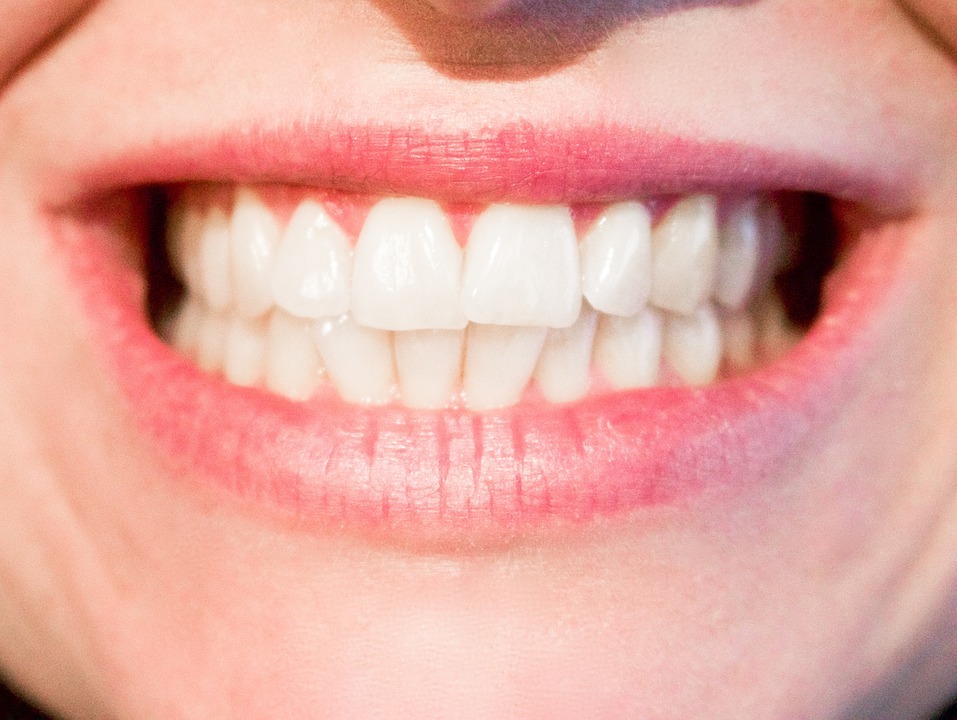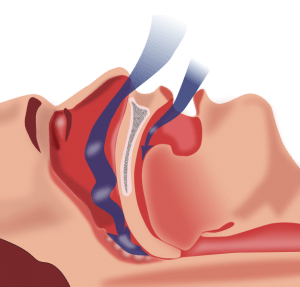Bruxism is the medical term for teeth grinding or jaw clenching which is an oral parafunctional activity. There are two types of bruxism, one which occurs during sleep and one which occurs during wakefulness. Both of them can cause dental damage but sleep bruxism maybe worse. Occasional bruxism is not harmful, but if it occurs regularly, it can be damaging. When regular bruxism is not resolved, it can lead to weak and cracked teeth, damaged jaw joint, headaches, disrupted sleep, and more.
Since bruxism often occurs during sleep, most people do not know that they grind their teeth. With this, how can you find out if you are suffering from bruxism while asleep? Most of the time, people learn that they grind their teeth when their loved ones or family members hear the grinding at night. But if no one tells you that you do, and you suspect that you might be grinding your teeth, it’s better to consult with your dentist about it. Dentists can examine a person’s mouth and jaw for signs of bruxism like jaw tenderness and some abnormalities in your teeth.
Symptoms of Bruxism
For you to know if you are suffering from bruxism, you need to know what bruxism symptoms look or sound like. Bruxism can range in severity from infrequent clenching to outright mashing. Here are some of the symptoms which can help identify if a person suffers from bruxism.
- A family member or your sleep partner is being awakened by your loud teeth grinding.
- Your teeth are chipped, flattened, fractured, or worn down.
- Your tooth’s enamel is worn which exposes deeper layers of the tooth.
- Your tooth is more sensitive.
- Tightness of muscle.
- Ear ache
- Headache
- Prolonged facial pain
Also, when moderate to severe sleep bruxism is left untreated, it can result to a disorder known as TMJ pain. It is a jaw disorder which causes headaches, dizziness, ear pain, bite problems, and locked jaw. Chronic teeth grinding on the other hand, can result to fracturing, loosening, or loss of teeth. When these happen, there might be a need for bridges, crowns, root canals, implants, partial dentures, and even complete dentures. It can even change the appearance of your face. Aside from dental problems, bruxism may also be linked with other medical conditions and have an effect on quality of life.
Causes of Bruxism
The causes of bruxism are not fully understood but some study suggests that anxiety, stress, sleep apnea, snoring, and fatigue are factors linked to it. Based on research, bruxism is more frequently found in individuals who have existing sleep disorders such as breathing pauses during sleep, snoring, and obstructive sleep apnea. Aside from that, some tooth grinding individuals also state that they experience sleep talking, sleep paralysis, and violent behaviors during sleep. Among all of these sleep disorders, obstructive sleep apnea appears to be the highest risk factor as its termination is often accompanied by some mouth phenomena such as gasps, mumbling, snoring, and tooth grinding.
High intake of alcohol, taking recreational drugs, and smoking large amounts of tobacco are some lifestyle choices which are also known to increase the chance of suffering from bruxism.
Some research also suggests that bruxism can be inherited because 20 to 50 percent of people with sleep bruxism have a direct family member who had sleep bruxism during childhood. However, there are not genetic markers yet that has been identified.
Treatments for Bruxism
The use of a professionally made mouth guard is the simplest solution to prevent teeth damage caused by bruxism. It is a custom-fitted oral appliance that is made of plastic which is worn during sleep to prevent the teeth from scraping against each other. Addressing bruxism early can prevent widespread damage to your teeth. However, when it is not addressed immediately, there might be a need for you to undergo teeth restoration aside from wearing a mouth guard.
Wearing a mouth guard is a good start to treat bruxism but there are also other preventive actions you can do. One of those is living a healthy lifestyle. Exercising is one of the ways to reduce stress which can also reduce bruxism. Cutting down stimulants such as tobacco and caffeine can be helpful as well.
Dentists may also prescribe medicines to people who suffer from extreme pain due to bruxism such as Diazepam or Valium but for short-term use only to reduce the grinding at night. There can also be muscle relaxant prescriptions to ease jaw spasms.
If you’re aware that you are suffering from bruxism, or you’re suspecting that you are, do not hesitate to consult your dentist about it. It will help prevent more problems to arise due to teeth grinding.



